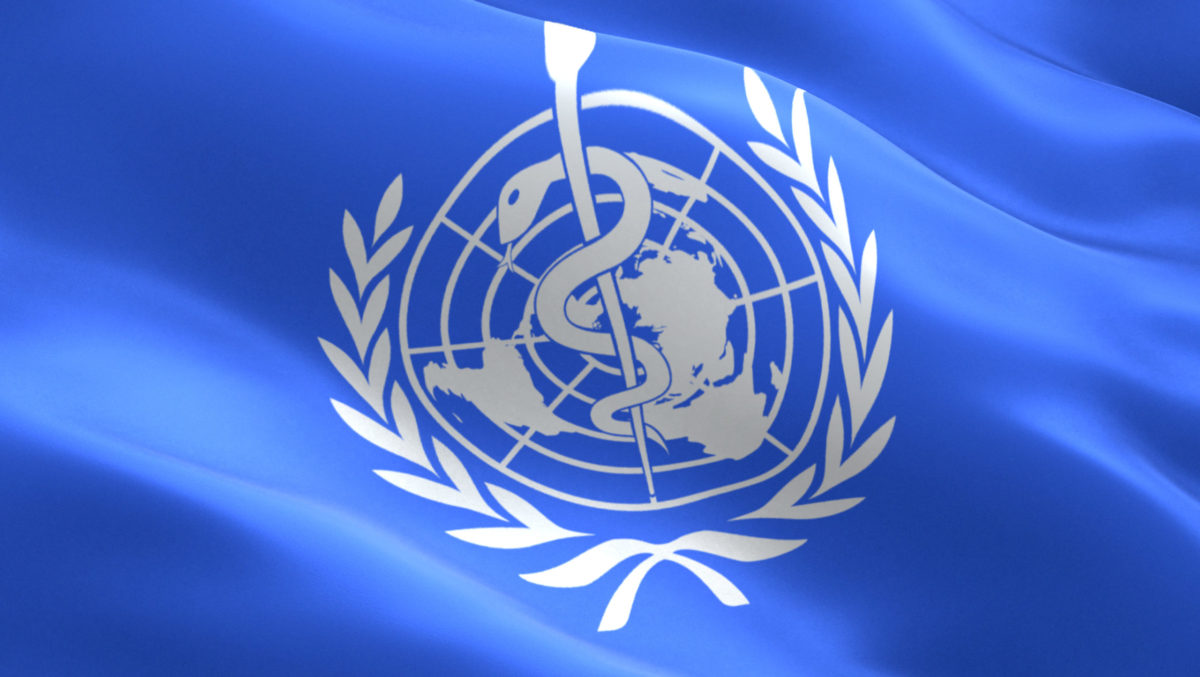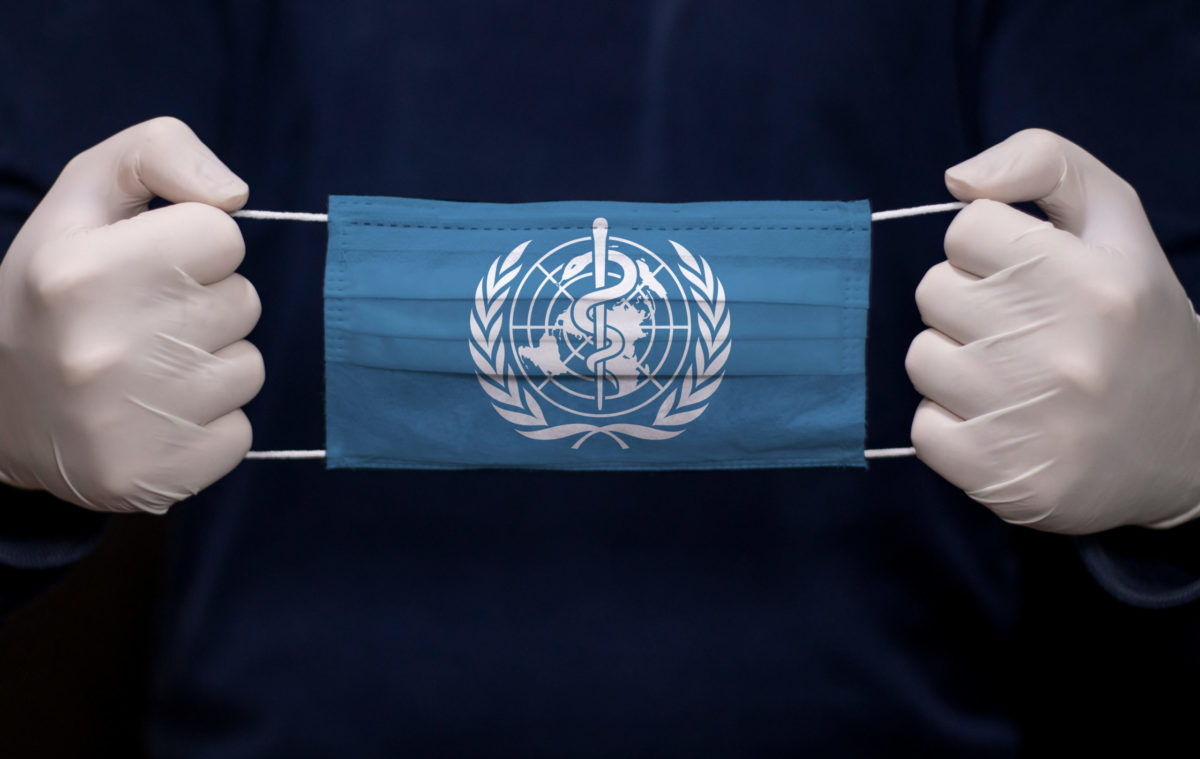Can a Pandemic Lawmaking Exercise Promote Global Health Justice? — Final Symposium Editorial
Multiple entries argue that justice requires going beyond narrow disease surveillance to enhance legal as well as health system preparedness.

Multiple entries argue that justice requires going beyond narrow disease surveillance to enhance legal as well as health system preparedness.

By understanding legal obligations in terms of solidarity, states would be guided toward actions that favor collective over individual benefit.

Amid discussions of a pandemic treaty, it bears emphasizing that any framework that does not reckon with cost will fall short of an acceptable solution.

The broken world in which we find ourselves underscores the imperative of reflecting on how lawmaking can be used to advance scientific innovation.

WHO has an opportunity to advance extraterritorial obligations under the right to health as an international legal basis for global solidarity.

A new pandemic instrument should explicitly embrace the three emerging global regulatory standards of due diligence, due regard, and regulatory coherence.

The decolonization of national and global patient safety systems and structures is an interesting perspective to further peruse.

An innovative pandemic treaty could become a transformative model of global solidarity in the face of common threats.

The state-centric infectious disease regime violates the fundamental principle of how contagious diseases spread within and across countries.
